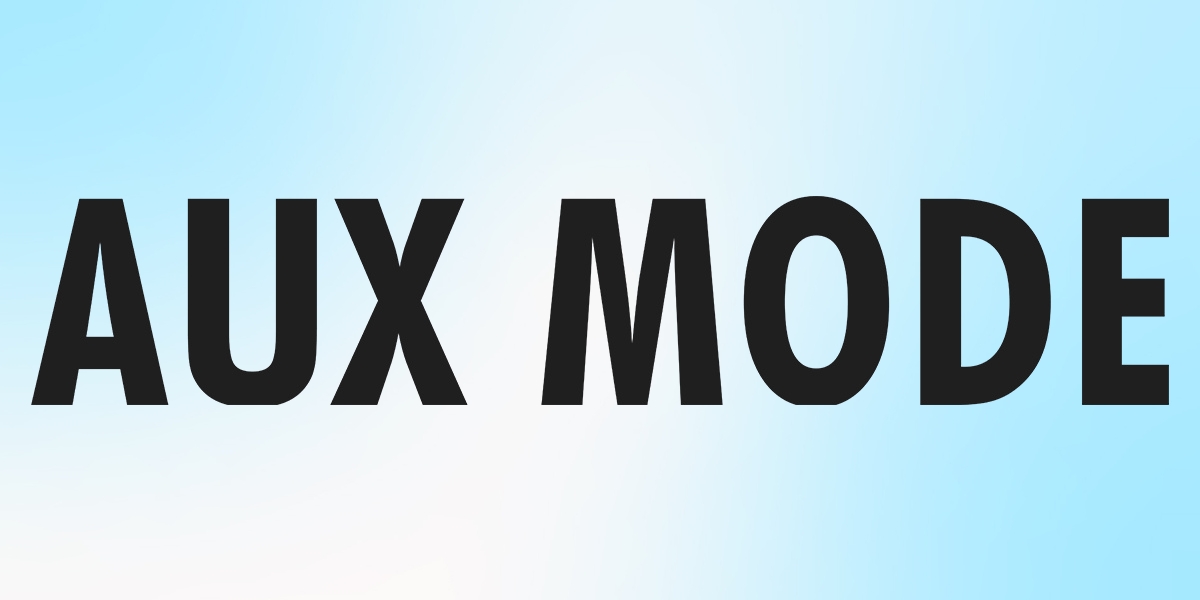By: Anne Davis
Los Angeles is a great modern city that is home to a network of top-tier rehabilitation centers offering diverse therapeutic approaches. These centers aim to provide comprehensive care for individuals seeking help with various issues, including substance abuse, mental health disorders, and more. The effectiveness of rehab largely hinges on the variety and quality of therapies available. In this article, we explore some of the different therapies you might encounter in a rehab center near Los Angeles. Each therapy has its unique approach and benefits, catering to the diverse needs of individuals.
Cognitive Behavioral Therapy (CBT)
Cognitive Behavioral Therapy (CBT) stands as a cornerstone in many rehab programs near Los Angeles. This therapy is grounded in the concept that our thoughts, feelings, and behaviors are interconnected, and that altering negative thought patterns can lead to changes in behavior and emotion. In rehab, CBT is employed to help individuals understand and combat the thought processes that contribute to their addiction or mental health issues.
CBT sessions often involve working with a therapist to identify specific negative thoughts and beliefs. Once these are recognized, the therapist guides the individual in challenging and reframing these thoughts in a more positive and realistic manner. For instance, someone struggling with substance abuse might believe they can’t cope with stress without using drugs. CBT would help them develop healthier coping mechanisms and change this belief.
Dialectical Behavior Therapy (DBT)
Dialectical Behavior Therapy (DBT) is another influential therapy offered in rehab centers around Los Angeles, including The Grove Recovery, just outside the city. DBT focuses on helping individuals regulate their emotions, improve interpersonal skills, and handle stress more effectively. It is particularly beneficial for those who experience intense emotions and have difficulty managing them.
At The Grove Recovery, DBT sessions involve both individual and group therapy. Patients are taught mindfulness techniques to stay present and aware, enabling them to handle emotional distress without resorting to harmful behaviors. Skills in distress tolerance are developed to help cope with challenging situations, while interpersonal effectiveness techniques are used to improve relationships and communication.
Holistic Therapies
Holistic therapies have gained significant traction in rehab centers near Los Angeles, embracing the philosophy that healing should encompass the whole person – mind, body, and spirit. These therapies are designed to complement traditional treatments, offering a more rounded approach to recovery. In these programs, individuals engage in activities like yoga, exercise, animal therapy, meditation, acupuncture, and art therapy. Each of these practices aims to promote overall well-being, reduce stress, and enhance emotional balance.
Yoga and meditation, for example, are used to help individuals develop a deeper sense of self-awareness and inner peace. Acupuncture is often employed to alleviate withdrawal symptoms and reduce cravings. Art therapy provides a creative outlet for expressing emotions and processing experiences. By integrating these holistic practices, rehab centers offer a nurturing environment conducive to healing and personal growth.
Family Therapy
Family therapy is a crucial component of many rehab programs near Los Angeles, recognizing the significant role that family dynamics play in addiction and mental health issues. This therapeutic approach involves the entire family in the recovery process, fostering open communication and understanding.
In family therapy sessions, individuals and their loved ones have the opportunity to address underlying family issues that may contribute to addiction or mental health challenges. It provides a safe space for everyone to express their feelings and concerns. The goal is to rebuild trust, strengthen relationships, and develop healthier ways of supporting each other through the recovery journey.
Group Therapy
Group therapy is a widely utilized approach in Los Angeles rehab centers, offering individuals the opportunity to connect with peers facing similar challenges. This therapy fosters a sense of community and support, which can be instrumental in the recovery process.
In group therapy sessions, a trained therapist facilitates discussions and activities that encourage participants to share their experiences, thoughts, and emotions. It provides a platform for individuals to explore their own issues while also offering empathy and insights to others. Group therapy can be particularly beneficial for reducing feelings of isolation and loneliness that often accompany addiction or mental health disorders.
Experiential Therapy
Experiential therapy is an innovative and engaging approach offered by rehab centers in the Los Angeles area. This therapy focuses on learning and healing through firsthand experiences and activities. It’s particularly effective for individuals who may struggle to express their emotions verbally or who learn best by doing.
In experiential therapy sessions, individuals may participate in activities such as wilderness therapy, equine-assisted therapy, adventure therapy, or expressive arts therapy. These activities are carefully designed to encourage self-discovery, personal growth, and emotional healing.





